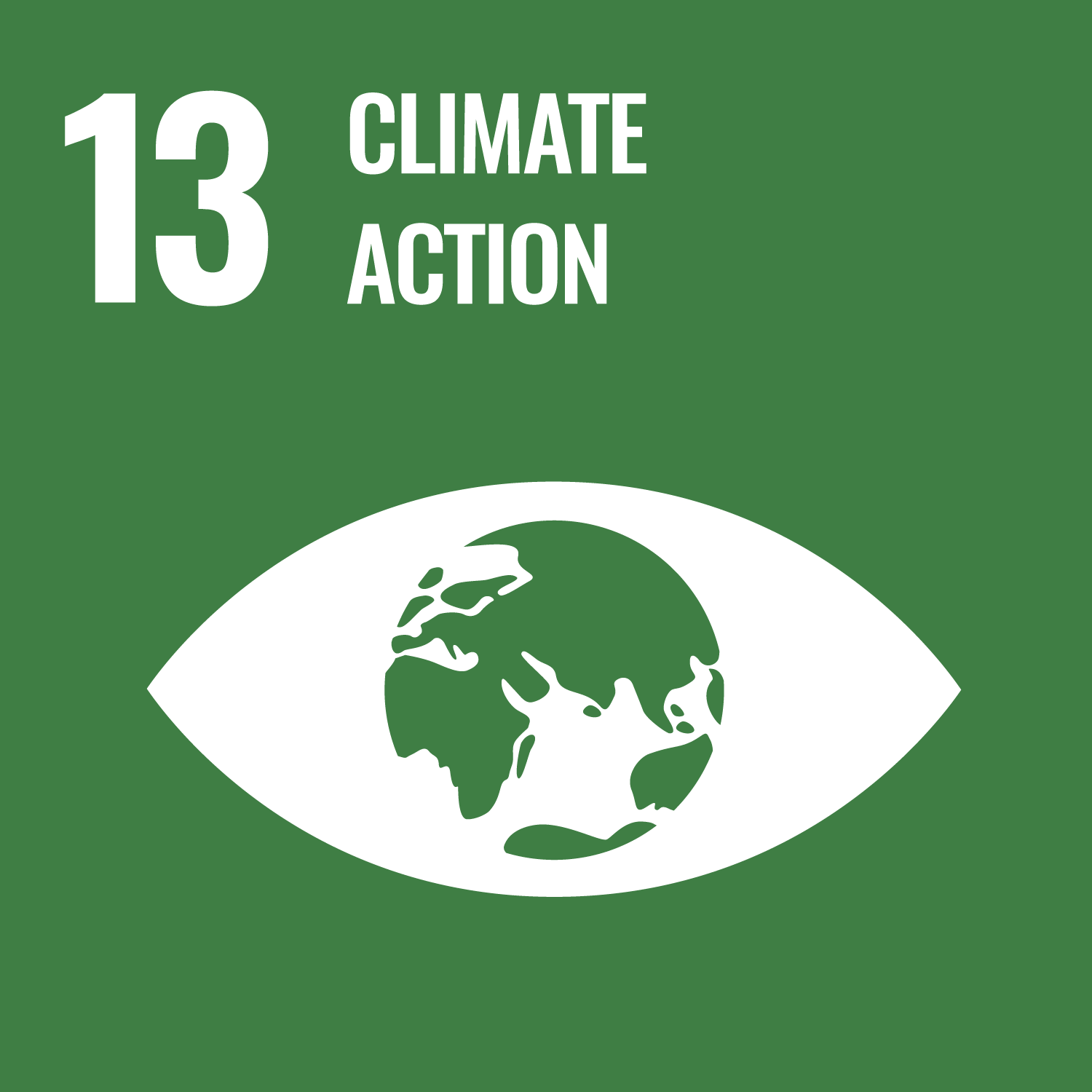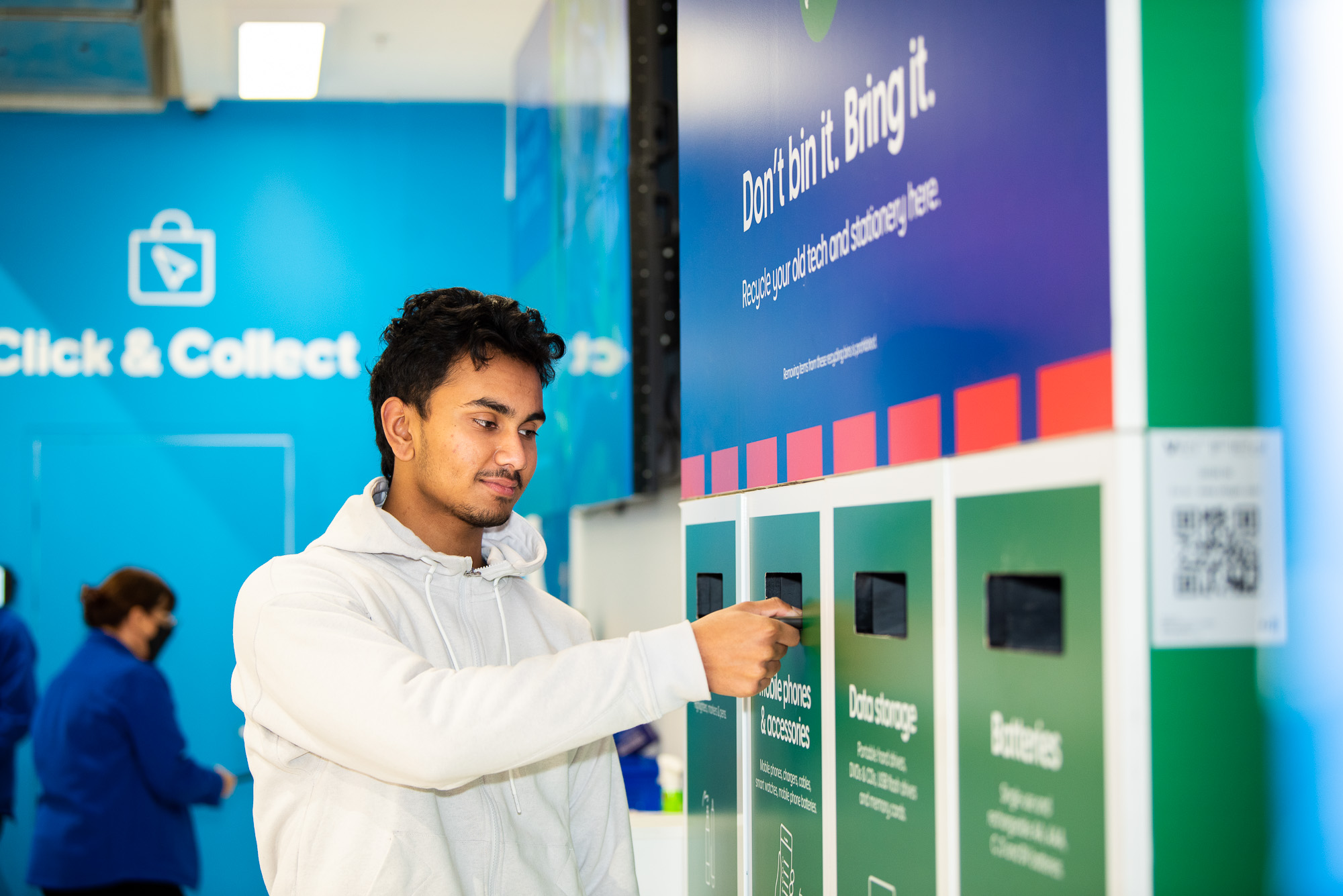
Circular economy strategy

A circular economy strategy is a systemic approach to economic development designed to benefit businesses, society, and the environment. In contrast to the ‘take-make-waste’ linear model, a circular economy is regenerative by design and aims to gradually decouple growth from the consumption of finite resources.
We recognise in a world with limited natural resources, we can play an important role in extending the supply of resources over the long term. Over the last two years, the Wesfarmers businesses have worked to develop circular economy strategies with an aim of reducing the use of raw (or virgin or natural) material inputs and energy, by making products and using materials more efficiently (including through greater use of recycled or recyclable materials) and by preventing waste through reusing or repurposing where possible. The circular economy requires collaboration across the supply chain, government and industry to achieve systematic change.
Kmart Group
While the transition to a circular economy is not something that can be achieved overnight, Kmart Group is making progress in the way it reuses waste across various stages of the product life cycle.
First, Kmart is making changes by sourcing and incorporating more recycled materials in selected active, outerwear, denim, swimwear, footwear and bedding ranges. This helps to reduce reliance on raw material (or virgin fibres) and creates demand for recycled materials that would otherwise go to landfill.
Secondly, Kmart Group is working to find ways to reuse waste generated in the production of garments through its participation in the Circular Fashion Partnership, a cross-sector project led by the Global Fashion Agenda, with Reverse Resources, Bangladesh Garment Manufacturers and Exporters Association and P4G, to develop long-term scalable solutions for capturing and reusing post-production textile waste. By directing post-production textile waste back into the production of new fashion products, there is opportunity to scale recycling capacity within Bangladesh and generate economic benefits from these waste streams that have traditionally been exported.
Kmart Group has engaged over 30 suppliers operating in Bangladesh on this project. Details provided by suppliers through self-completion surveys has revealed over 70 per cent of recyclable fabric compositions used by participating suppliers are highly recyclable, with over 20 per cent of recyclable waste generated as a result of Kmart Group orders. This data confirms the opportunity to connect suppliers with long-term recycling partners and identify new pathways for reusing textile waste.
Officeworks
Officeworks’ circular economy commitments include becoming a zero-waste business by designing out waste and maximising recycling, ensuring the packaging from all products it sells is reusable or recyclable and helping customers dispose responsibly of products at the end of their lifecycle.
In a retail environment, producing waste is an inevitable part of doing business. From product packaging to disposing of faulty or broken items, reducing the amount of rubbish that gets sent to landfill takes creative thinking, dedication and a shared commitment from team members and suppliers to see waste in a new way, and turn rubbish into resources. Officeworks is committed to designing out waste in the first instance and embracing the values of reduce, reuse, repair and recycle’, whenever and wherever possible.
Bunnings
Bunnings has an opportunity to embed circularity into its business model by pulling recycled content back through the supply chain. During the financial year, Bunnings began its journey to capture packaging and product data to understand the flow of material and where it can have the greatest impact. Examples include the elimination of expanded polystyrene from packaging of Kaboodle kitchen cabinets and doors, and the expansion of recycling guidance through the Australasian Recycling Label. In the nursery, greenlife suppliers continued to make significant impact in reducing the amount of virgin plastic packaging by transitioning to black plastic plant pots, which incorporate higher rates of recycled plastic.
WesCEF
WesCEF has adopted circular economy principles to rethink patterns of consumption by eliminating waste and creating value for resources including by-products of its processes.
The business has initiated a circular economy assessment to explore project opportunities, including identifying the ability to reuse by-products and supply by-products and waste to other industries. Carbon reuse and sequestration opportunities also exist and there is the possibility for innovative fertiliser products resulting from the treatment of wastewater generated by the business.
WesCEF hopes to implement viable circular economy projects next year including a pilot trial to test proposed waste reuse methods.
GRI 103-1, GRI 103-2, GRI 103-3, GRI 306-1, GRI 306-2, GRI 306-3, GRI 306-4, GRI 306-5, GRI 307-1



